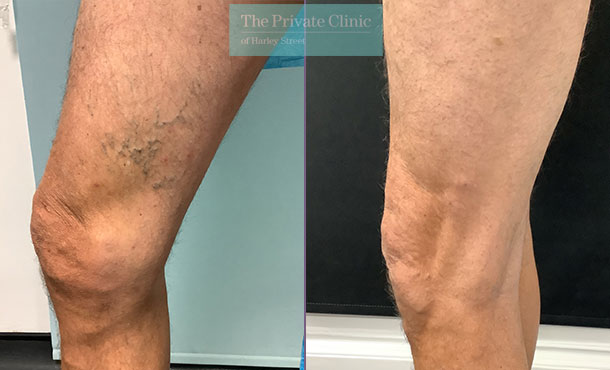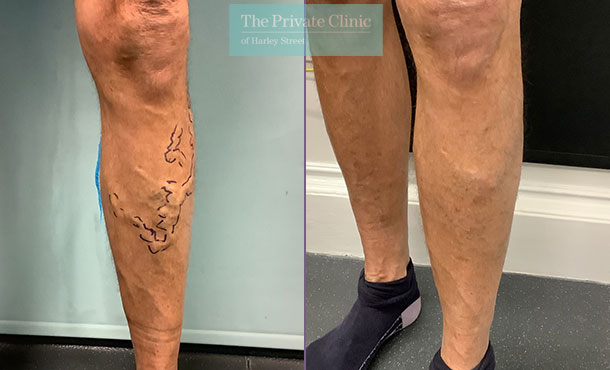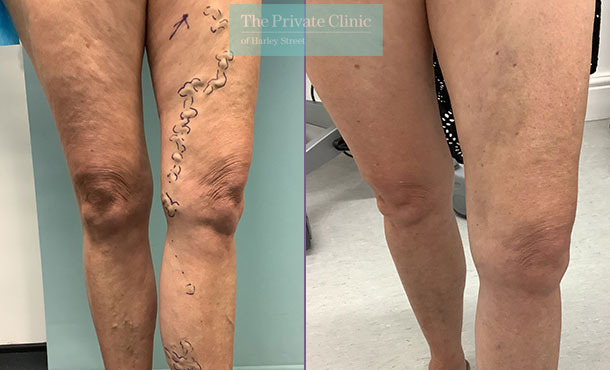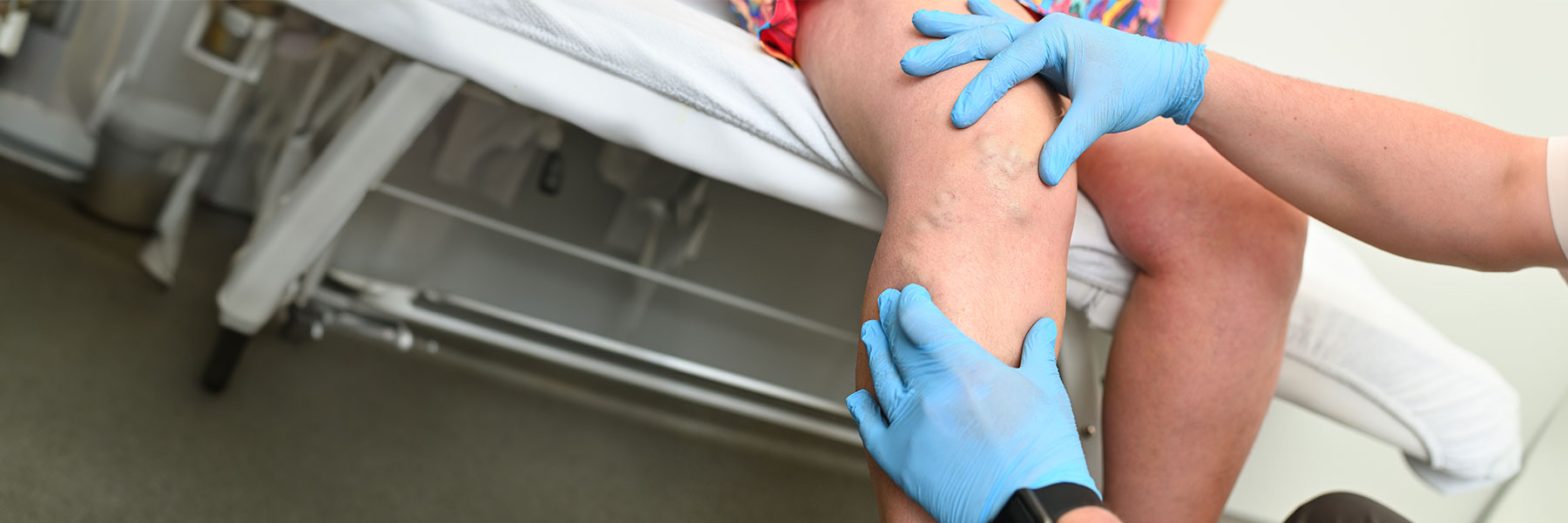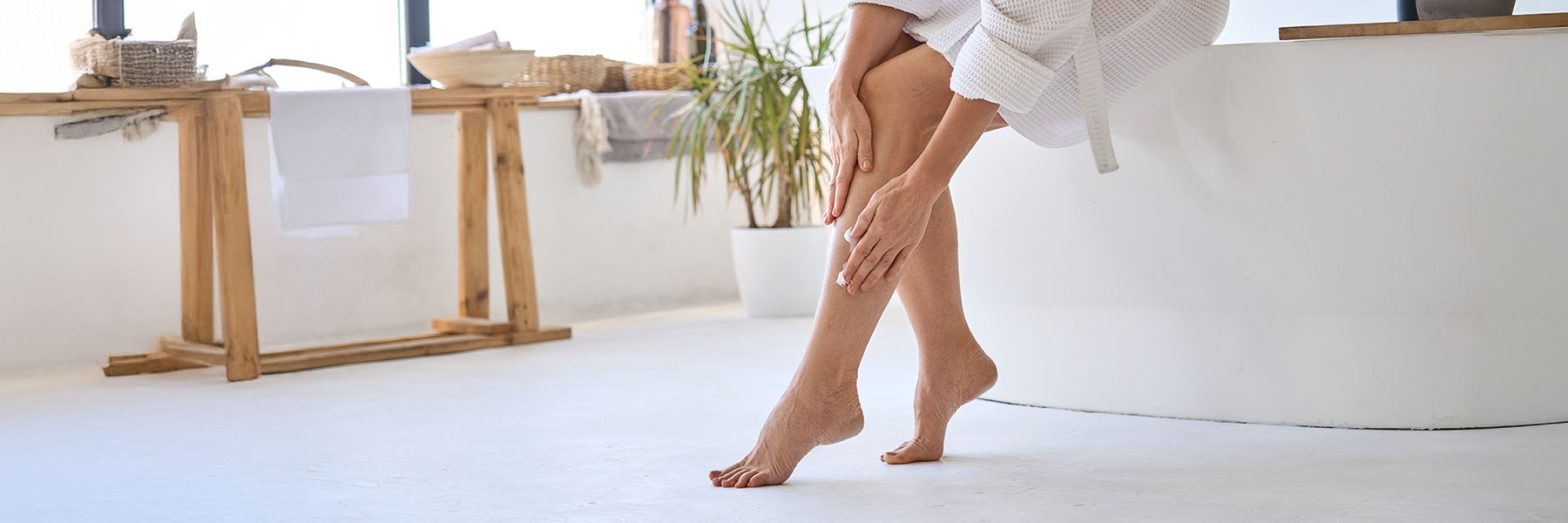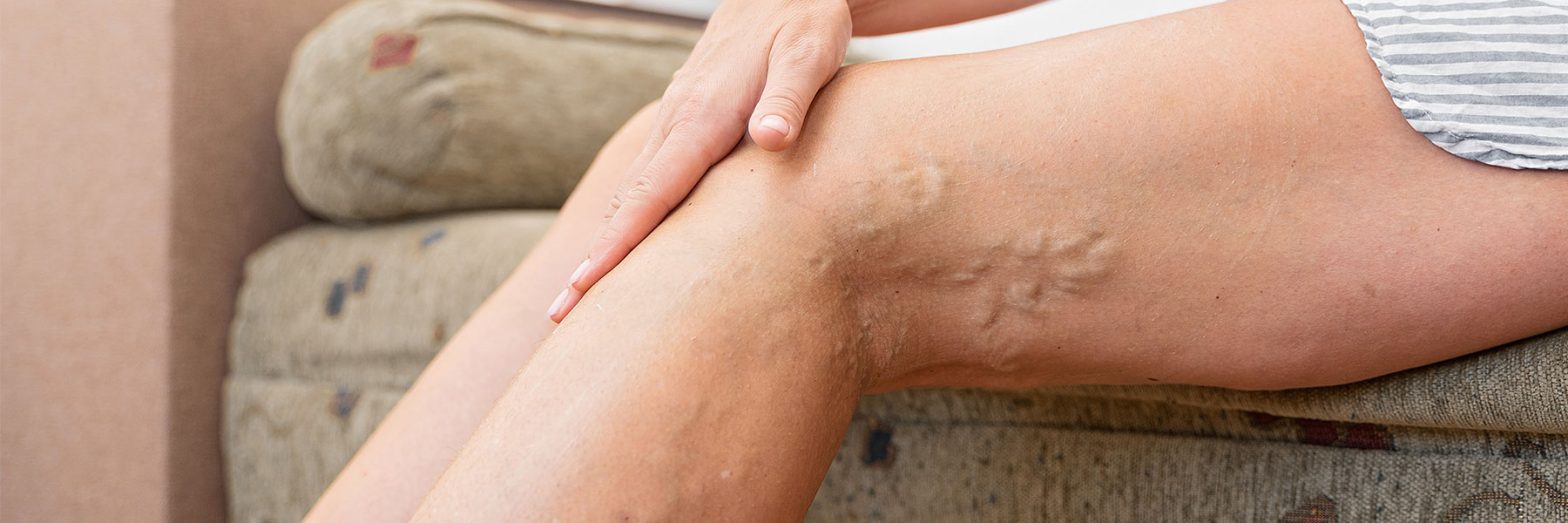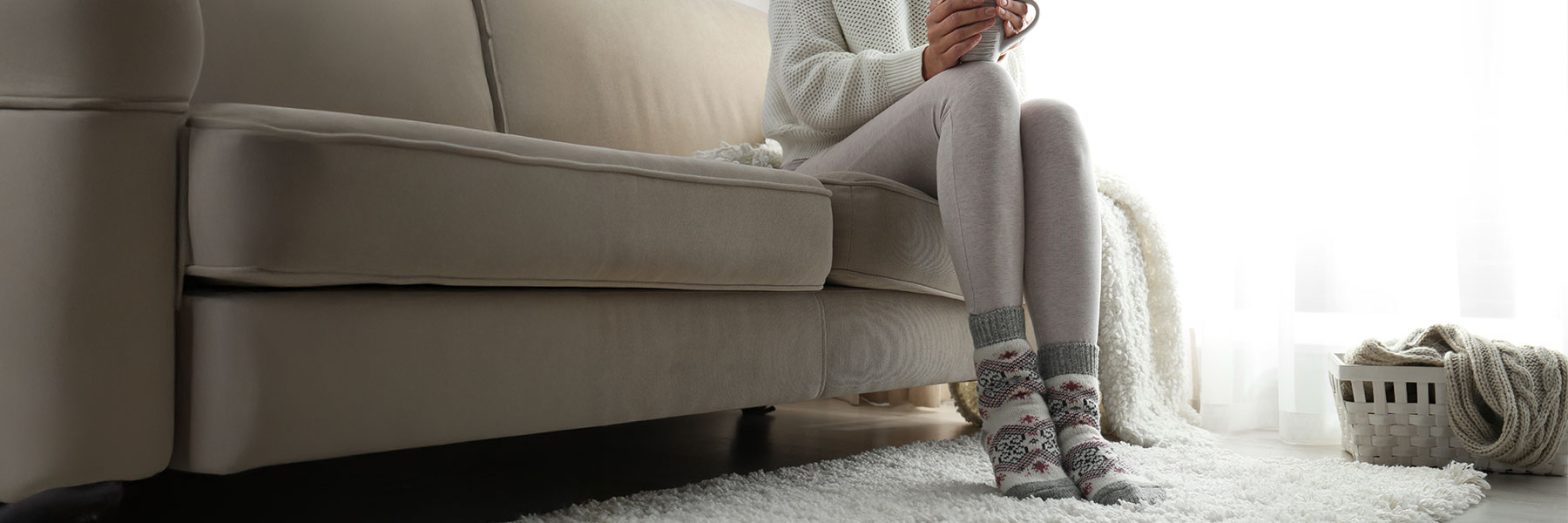
Managing Varicose Veins in Winter
Varicose vein symptoms often fluctuate with the seasons, and winter brings unique challenges. At The Private Clinic, we’ve been offering advanced, minimally invasive vein treatments for over 40 years, with more than 7,000 successful procedures performed by highly experienced vascular surgeons. Our gold-standard treatments like EVLA, Sclerotherapy, and RFA ensure top-quality care year-round.
You might think winter would provide relief for varicose veins, but it’s not that simple. Here’s how the colder months can affect your veins:
How Does Winter Weather Affect Your Veins?
The colder months can influence your veins in several ways:
- Cold-Induced Vasoconstriction: When it’s cold outside, your blood vessels naturally constrict. This can actually make your varicose veins less noticeable and might even provide some temporary relief from symptoms.
- Atmospheric Pressure Changes: Unfortunately, winter also brings changes in atmospheric pressure, which can slow down your circulation. This might make your vein issues a bit more noticeable or uncomfortable.
- Reduced Activity Levels: The tendency to be less active during winter can lead to a more sedentary lifestyle, which isn’t great for your veins.
- Weight Gain: Finally, between festive feasts and the temptation to curl up on the sofa, winter can often lead to a bit of weight gain. This extra weight puts more stress on your veins, potentially worsening your varicose vein symptoms.
But don’t worry – we’ve got some tips to help you manage!
Tips for Managing Varicose Veins in Winter
- Stay Active: Despite the cold, maintain regular exercise to support healthy circulation. Consider indoor activities like swimming, yoga, or using a stationary bike.
- Layer Up Wisely: Keep your legs warm with appropriate clothing. Layering can help maintain good circulation without overheating.
- Wear Compression Stockings: These can help improve blood flow and reduce swelling, especially if you’re less active during winter. They’re also commonly prescribed after varicose vein treatments, so winter is the perfect time to wear them comfortably under your layers.
- Elevate Your Legs: When relaxing at home, elevate your legs above heart level for about 30 minutes before bed to promote blood flow back to the heart.
- Stay Hydrated: Proper hydration is essential for maintaining good circulation, even in colder weather.
- Maintain a Healthy Diet: Focus on fibre-rich foods, antioxidants, and omega-3 fatty acids to support vein health. Avoid excessive salt and processed foods.
- Moisturise Your Skin: The cold, dry air can irritate skin around varicose veins. Keep your legs moisturised to prevent discomfort.
- Take Regular Breaks: If your job involves sitting or standing for long periods, take short walks or do light stretches throughout the day.
- Massage: Gently massage your ankles and lower legs to stimulate circulation.
- Seek Treatment: The winter months are an ideal time to undergo Varicose Vein removal treatment, and you can look forward to starting the new year fresh with healthier legs.
Making the Most of Winter for Vein Health
While many people consider treating varicose veins as summer approaches, winter offers several advantages. Cooler temperatures make it more comfortable to wear compression stockings, and winter clothing easily conceals any post-treatment bruising. Plus, starting treatment in winter gives your legs ample time to heal before the summer season.
Discover all the reasons why the colder months might be your best opportunity for vein treatment in our blog post: Why Winter is an Ideal Time for Varicose Vein Treatment
Vein Treatments at The Private Clinic
As a leading vein clinic in London, The Private Clinic offers a range of advanced, minimally invasive varicose veins treatments. Our Consultant Vascular Surgeons perform these state-of-the-art procedures to address varicose veins effectively. These treatments include:
- EVLA (Endovenous Laser Ablation): Uses laser heat energy to collapse and destroy varicose veins.
- RFA (Radiofrequency Ablation): Employs radiofrequency heat to close off affected veins.
- Foam Sclerotherapy: Involves injecting a foam solution to seal off and disperse varicose veins.
- VenaSeal: A glue-based system that seals the vein with minimal injections.
- Phlebectomy: A minimally invasive procedure to remove larger surface veins through small incisions.
Varicose Vein Treatment Before & After Photos
See more Varicose Vein treatment results
Expert Vascular Surgeons
- Mr Constantinos Kyriakides, MD, FRCS (Gen), FRCS (Gen Surg). GMC Number: 3275436
- Mr Dynesh Rittoo, MBChB, FRCS (Eng), FRCS (Gen Surg). GMC Number: 3556456
- Mr Rajiv Pathak, MBBS, MS, FRCS (Gen), FRCS. GMC Number: 4585309
- Mr Tahir Hussain, MBBS, FRCS (Gen, Surg.), MS Masters in Surgery. GMC Number: 3242669
Don’t let winter weather worsen your varicose vein symptoms.
With the right care and management strategies, you can keep your legs feeling comfortable and healthy all year round. For more information or to schedule a consultation, contact The Private Clinic today. Let our 40 years of expertise and advanced treatment options work for you in managing your varicose veins effectively this winter and beyond.
Contact us today at 0333 920 2471 or visit our online varicose veins contact page to schedule your consultation.





